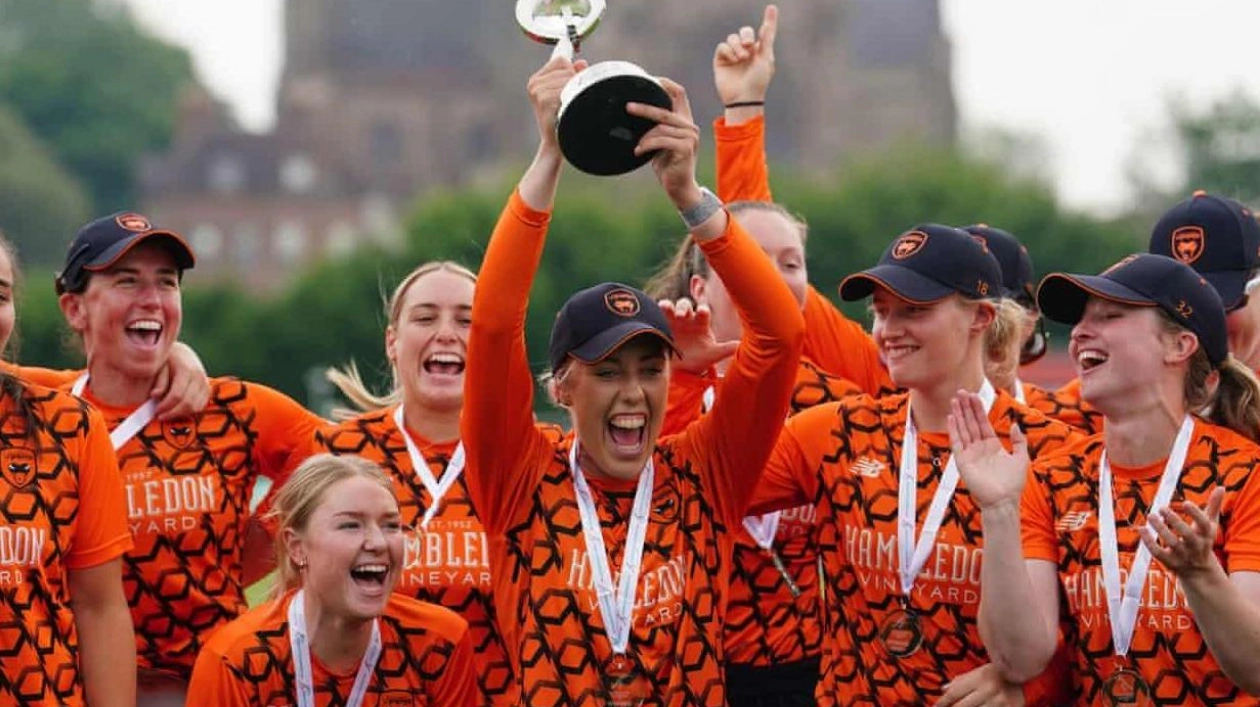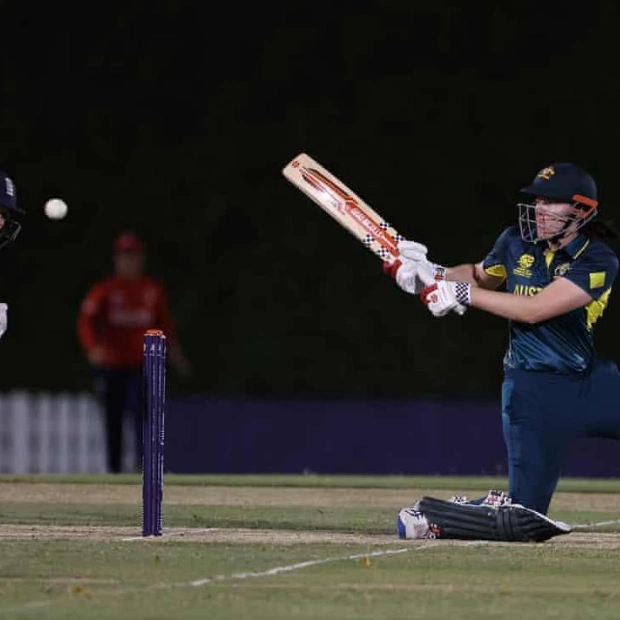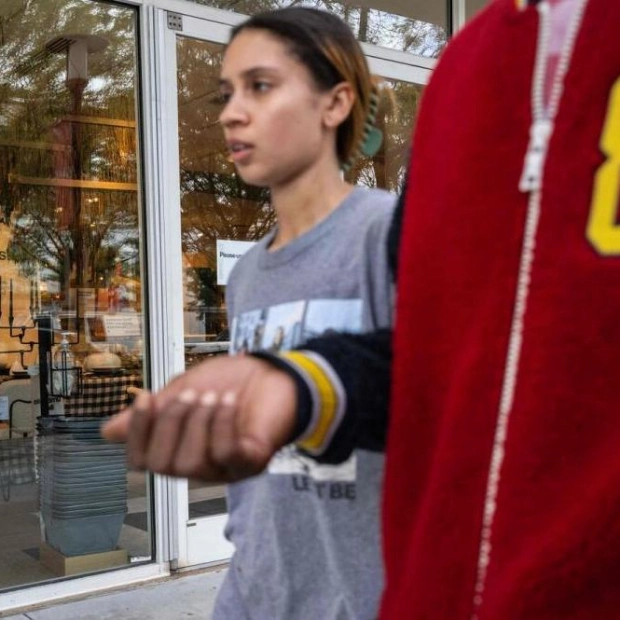Counties hosting professional women’s teams will be closely scrutinized to ensure the England and Wales Cricket Board’s (ECB) multimillion-pound investment is effectively promoting gender equality, according to Beth Barrett-Wild, the ECB’s director of the women’s professional game.
Failure to create an equitable environment could result in the loss of funding. A national women’s player and staff survey is being implemented to encourage transparency, as the ECB aims to ensure that the £1.5m allocated to 10 first-class counties is used appropriately. Eight counties—Durham, Essex, Hampshire, Lancashire, Nottinghamshire, Somerset, Surrey, and Warwickshire—secured the right to host professional tier one women’s teams next season following a competitive bidding process, with Yorkshire and Glamorgan set to join in 2026 and 2027, respectively.
Other sports have faced challenges in ensuring that funding designated for women’s teams is not diverted to men’s programs, as highlighted by the Carney Review in 2023. Concerns arose that the ECB might struggle to hold first-class counties accountable for their commitments. However, the new County Partnership Agreement (CPA), effective from 1 February, will grant the ECB significant oversight over how counties manage their women’s teams. “This isn’t just about handing over a large sum of money,” Barrett-Wild stated. “The funding is specifically for the women’s program, and we will monitor its use closely. If issues arise, it could lead to a non-compliance event, allowing us to withdraw or suspend funding.”
The women’s game will be a focal point in the County Partnership Review Process, with all county activities audited to ensure equal treatment of both men’s and women’s teams. “Tier 1 counties must operate and deliver their women’s team in the same manner as their men’s team,” Barrett-Wild emphasized. “Facilities and marketing coverage must be equivalent. The new player and staff survey will provide valuable insights into the conditions in tier 1 and tier 2 dressing rooms.”
A new player movement framework will allow players to transition between tier 1 (professional), tier 2 (semi-professional), and tier 3 (recreational) counties through a loan system, though moving up to tier 1 requires a contract. Additionally, England players are expected to participate in the early stages of the Women’s Metro Bank One-Day Cup in May and the inaugural Women’s Vitality Blast Finals Day on 27 July.
Barrett-Wild acknowledged England’s early exit from the T20 World Cup, but expressed confidence that domestic structural changes would address the depth issue in English women’s cricket. “It motivates me to foster a surplus of talent, ensuring genuine competition for spots,” she said. “We may experience some growing pains initially, but by 2028, we will have significantly more depth.”
Source link: https://www.theguardian.com






